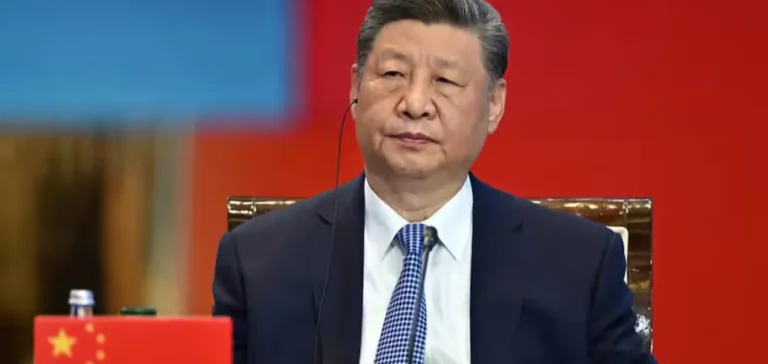Member countries of the Group of Seven (G7) are formalizing an alliance to secure access to critical minerals required for energy and industrial technologies. The framework aims to reduce the concentration of refining and processing in a single jurisdiction by structuring more diversified supply chains. Priorities focus on increasing supply, contractual stability, and operational transparency across the full cycle from extraction to processing. The new architecture is designed to mobilize private investment and set common information standards.
Governance parameters and the role of private investment
The framework provides intergovernmental coordination to identify mining and refining projects deemed strategic by members, with an explicit reliance on private capital. Modalities include mechanisms to reduce counterparty risk and offtake commitments to secure asset bankability. Objectives target expanding processing capacity outside China and improving logistics resilience between extraction sites and refining hubs. Members are assessing information-sharing tools on flow quality, ramp-up schedules, and traceability parameters.
The arrangement builds on an action plan already agreed by heads of state and government, now implemented as an operational alliance. Announcements indicate the creation of an “Alliance on the production of critical minerals” tasked with aligning standards, reporting, and monitoring of commitments. The orientation prioritizes networking industrial actors under shared guidelines without substituting for corporate investment decisions. Authorities underline the need for rapid execution in refining, identified as the bottleneck of the current imbalance.
Refining concentration and risks to supply security
Analyses within the International Energy Agency (IEA) indicate that concentrating the refining of rare earths and other critical minerals within a single economy exposes buyers to price, volume, and compliance risks. The minerals in scope are used in the manufacture of electronic components, defense equipment, and energy technologies, which elevates their strategic character. Dependence on outsourced processing limits manufacturers’ options in the event of export restrictions or trade reconfigurations. Diversifying processing capacity is presented as a direct lever to reduce systemic risk.
Officials specify that the alliance intends to organize “transparent and democratic” chains with more granular flow data. Discussions cover standardizing quality indicators, verification protocols, and documentation requirements for carriers and refiners. The objective is to facilitate supply audits and enable project-to-project comparisons on a consistent basis. Better information flows are also expected to support private financing by improving visibility on project risk profiles.
Traceability, export controls, and alignment of priorities
Enhanced traceability is among the expected deliverables to limit perceived opacity around certain companies operating at multiple points in the chain. Members are considering strengthened documentation requirements on origin, processed volumes, and intermediate transformations. Authorities also note the effect of export controls on rare earths, which are altering trade choices and increasing interest in alternative processing sources. The capacity to certify flow integrity is becoming a factor for market access and contract negotiation.
Differences exist among members on energy pathways and trade instruments, but supply security is a shared priority. Analysts highlight the value of a minimum alignment on reporting and audit practices to avoid regulatory inconsistencies. Talks also include purchase commitments and delivery clauses, viewed as decisive for triggering new investment decisions. The trajectory seeks a progressive redistribution of refining market share, conditioned by execution speed and the coherence of signals sent to operators.
Market signals and linkage with bilateral agreements
Recent bilateral signals on rare-earth supply add to the multilateral framework, shaping industrial expectations. Policymakers note that such agreements can improve short-term visibility without resolving the processing-capacity constraint until new units come online. Commitments under the alliance therefore need to interlock with these arrangements to avoid cannibalization or duplicative contracting. The operational goal is to smooth the ramp-up while accounting for technical and regulatory lead times.
Strategic-research actors, including at the Center for Critical Minerals Strategy, point to a narrow window to rebalance the market. Recommendations focus on concrete milestones: establishing traceability registries, standardized disclosure protocols, and shared compliance rules. Fast execution is cited as a key variable for attracting private capital amid high investment costs and long timelines. Companies and institutional buyers will watch the credibility of monitoring mechanisms and the stability of proposed rules.






















